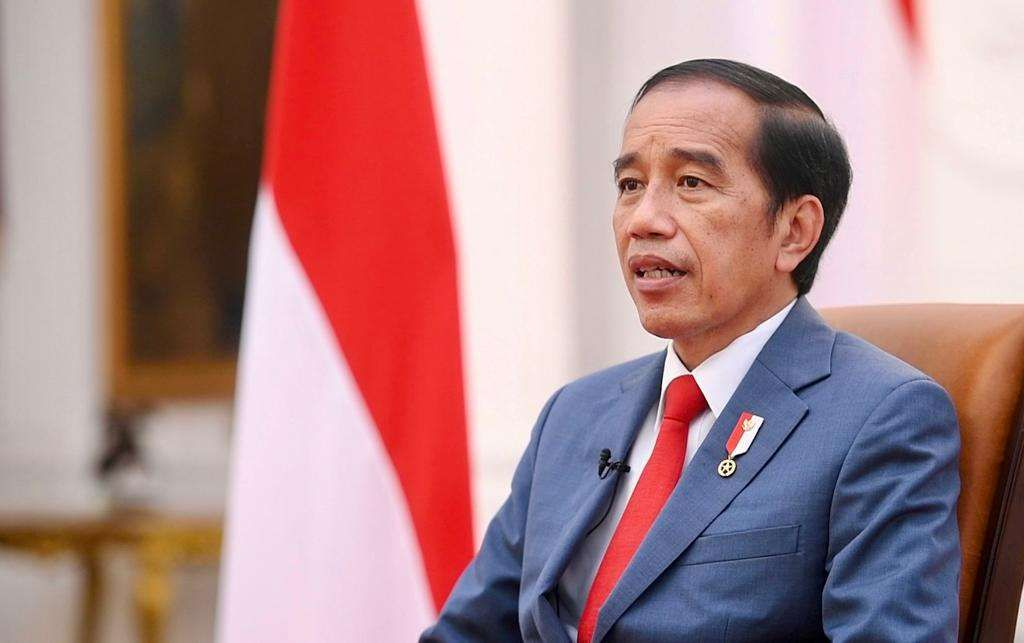SEAToday.com, Kuala Lumpur-Deteriorating conditions in Myanmar and refugee camps in neighboring Bangladesh are now forcing many Rohingya refugee families to send their daughters into arranged marriages.
Countless Rohingya families say that economic hardship and dwindling humanitarian aid have left them with no choice but to marry off their daughters to men in Malaysia.
Many of these girls flee to Malaysia, carrying the weight of their family's survival, Hasina Begum last saw her 16-year-old daughter, Parvin Akter in 2022, when she sent her and her brother on a boat bound for Indonesia, with hopes of reaching Malaysia and marrying off a man who could support her.
“I sent her off. As I was letting her go, she also agreed to leave. She agreed to go because I could not provide her with what she needed, including clothes. I couldn't afford what she was asking for, so I explained the situation to her, and she agreed and left with her brother. I also agreed to her decision,” said Hasina.
An Associated Press investigation later determined that Parvin Akter died during her voyage. Her boat sank with all 180 people on board.
According to the United Nations Refugee Agency (UNHCR), nearly 60% of the Rohingya refugees who have survived crossing the Andaman Sea have been women and children.
Medicine Sans Frontiers (MSF), a humanitarian organization, reported that half of the girls who arrived in Malaysia needed prenatal or postnatal care. In the last two years, MSF reported that three out of four pregnant girls who arrived in Malaysia did so through arranged marriages.
An investigation by the Associated Press found that many of these child brides suffered abuse at the hands of both their traffickers and their husbands. Many of these girls had once dreamed of having a better life when they arrived in Malaysia, but for them, the agony never ends.
Many of these girls, have no work or access to health or education, are considered illegal immigrants under Malaysian law. This has deterred many from reporting their husbands to authorities or seeking medical care.
Executive Director of The Rohingya Women Development Network said, “I think for Rohingya girls, it's as simple as, 'I want a new life and I know there's someone who can protect me here, whatever it is that they're willing to pay, I want to go and see that person. In my mind now when I'm coming here it's with the full belief that this person's going to protect me'. What happens when I (they) get there is a different thing.”



















